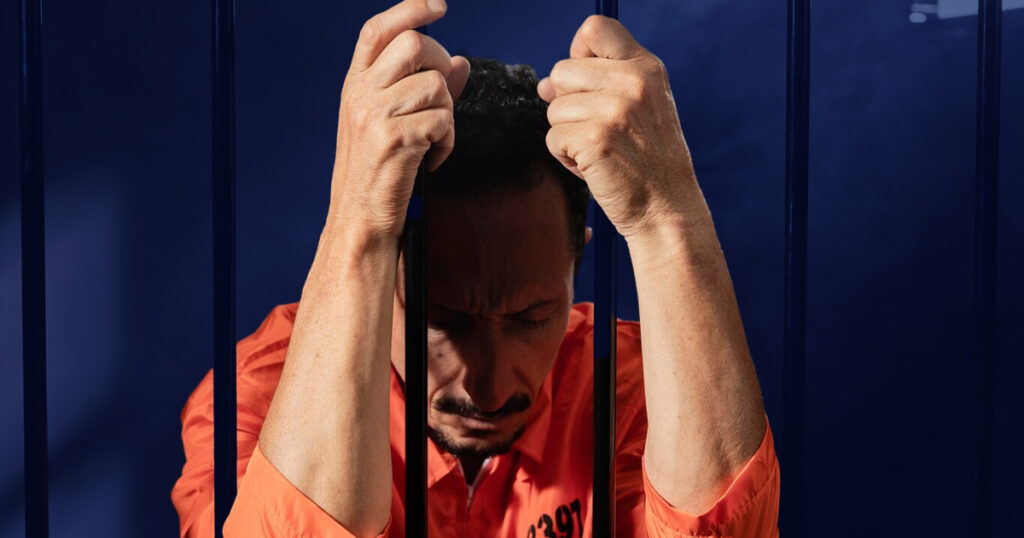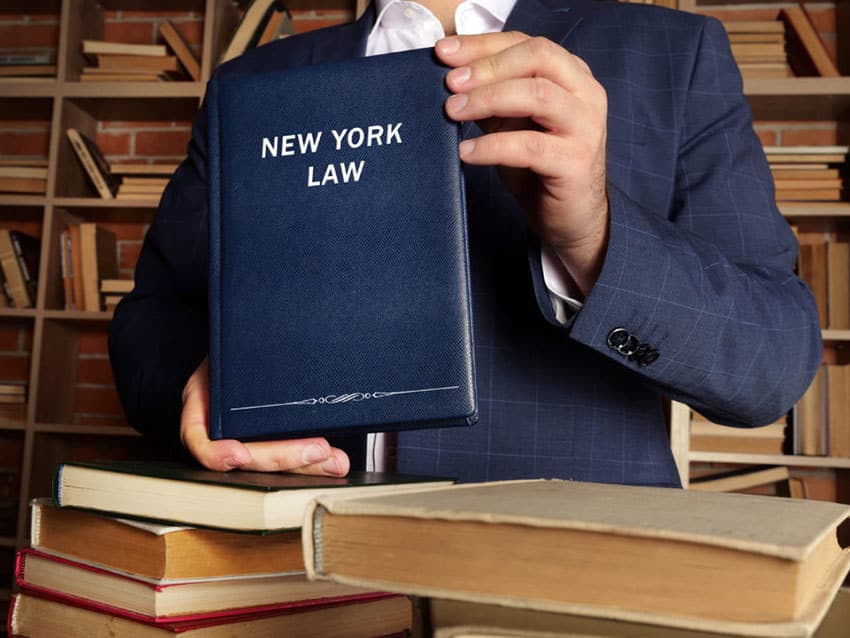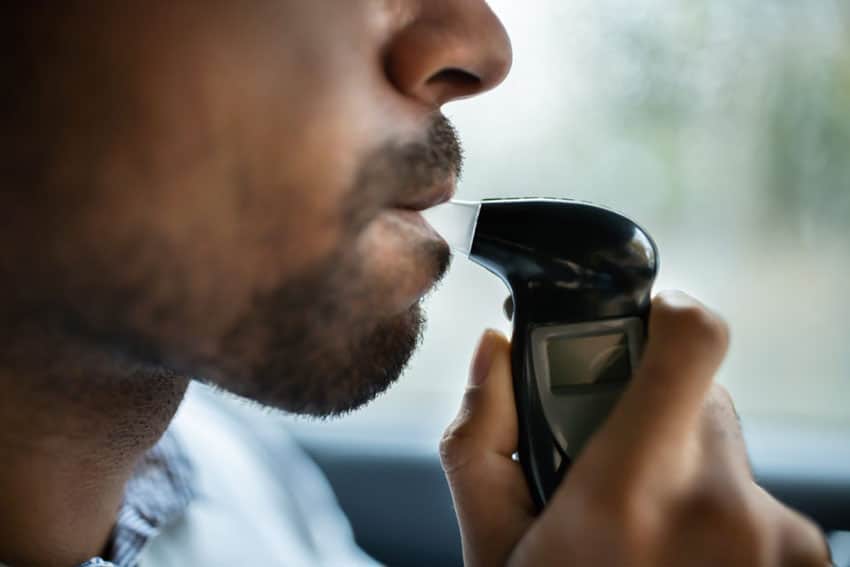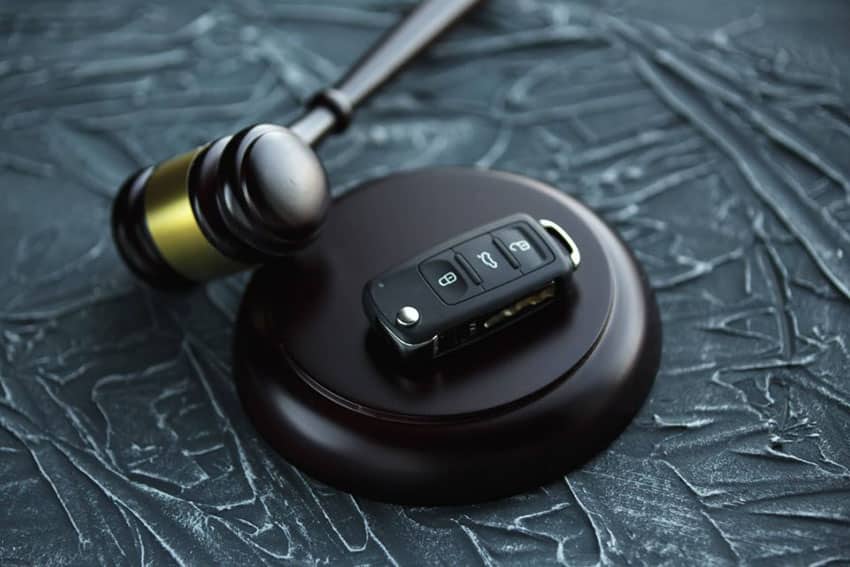In New York, you can be charged with Driving While Intoxicated (“DWI”) as a class “E” felony if you have a prior misdemeanor conviction for DWI within 10 years of your subsequent arrest date. In addition, even if you are a first-time offender, you can be charged with felony Driving While Intoxicated (“DWI”) under the following circumstances:
- Leandra’s Law – you have been charged with DWI, and a child who is 15 years old or younger was a passenger in your vehicle.
- Where serious bodily injury or death is caused by a driver charged with DWI.
If you have been arrested for DWI, call the DWI Team at (800) 570-1810. Our team of criminal DWI defense attorneys have offices statewide. We are available anywhere in New York, and at any time. Here is what you need to know about felony DWI in New York.
What is the difference between a misdemeanor and a felony in New York?
Generally, the difference between a misdemeanor and a felony in New York is the amount of possible jail time an offender’s faces. The charge is deemed a misdemeanor if the potential jail time is less than one year. If charged with a felony, an offender’s potential jail time is more than one year.
In New York, DWI is defined as having a Blood Alcohol Content (“BAC”) of 0.08 or higher (or 0.04 for drivers of commercial vehicles). These are potential sentences for those convicted of a DWI in New York:
- Misdemeanor DWI (often first-time offenders) – jail time up to 1 year
- Felony DWI (second charge within 10 years of previous alcohol or drug-related driving offense) – prison time up to 4 years
- Third or more DWI offenses – jail time up to 7 years
Unless an offender falls under Leandra’s Law (having a child who is 15 years old or younger as a passenger), or they have inflicted serious bodily injury or death as a result of their DWI, first-time offenders are charged with a misdemeanor. However, repeat offenders are charged with a felony.
Leandra’s Law
Leandra’s Law was enacted in 2009. The law increased penalties for certain DWI charges in New York and mandated BAC testing and ignition interlock devices for those convicted of DWI. Leandra’s Law also made it a felony to drive in an intoxicated condition with a child in the vehicle at the time of the offense. A “child” is defined by the statute as anyone aged 15 years old or younger. Any arrest for DWI where a child is in the vehicle will result in a felony charge, but the charges will be more serious if the child is injured or killed. Here are the potential charges:
- DWI with a child passenger 15 years old or younger – jail time up to 4 years
- DWI with a child passenger 15 years old or younger, and the child suffers serious physical injury – jail time up to 15 years
- DWI with a child passenger 15 years old or younger, and death of the child occurs – jail time up to 25 years
Serious injury or death to others
As noted, the other avenue in which a first-time DWI offense can result in a felony charge is if serious bodily injury or death is caused by the offender. In these circumstances, the offender will be charged with DWI and charged with various other felony charges, including:
- Vehicular Manslaughter
- Vehicular Assault
- Assault
- Criminally Negligent Homicide
- 2nd Degree Murder
Call Now. The DWI Team Are Available At Any Time
If you or someone you know has been charged with DWI, call the New York DWI criminal defense team at the DWI Team. No one defends you like us. We are courtroom proven and have New York DWI defense teams available statewide. Call us at 1-800-570-1810 or use our Contact Page.













